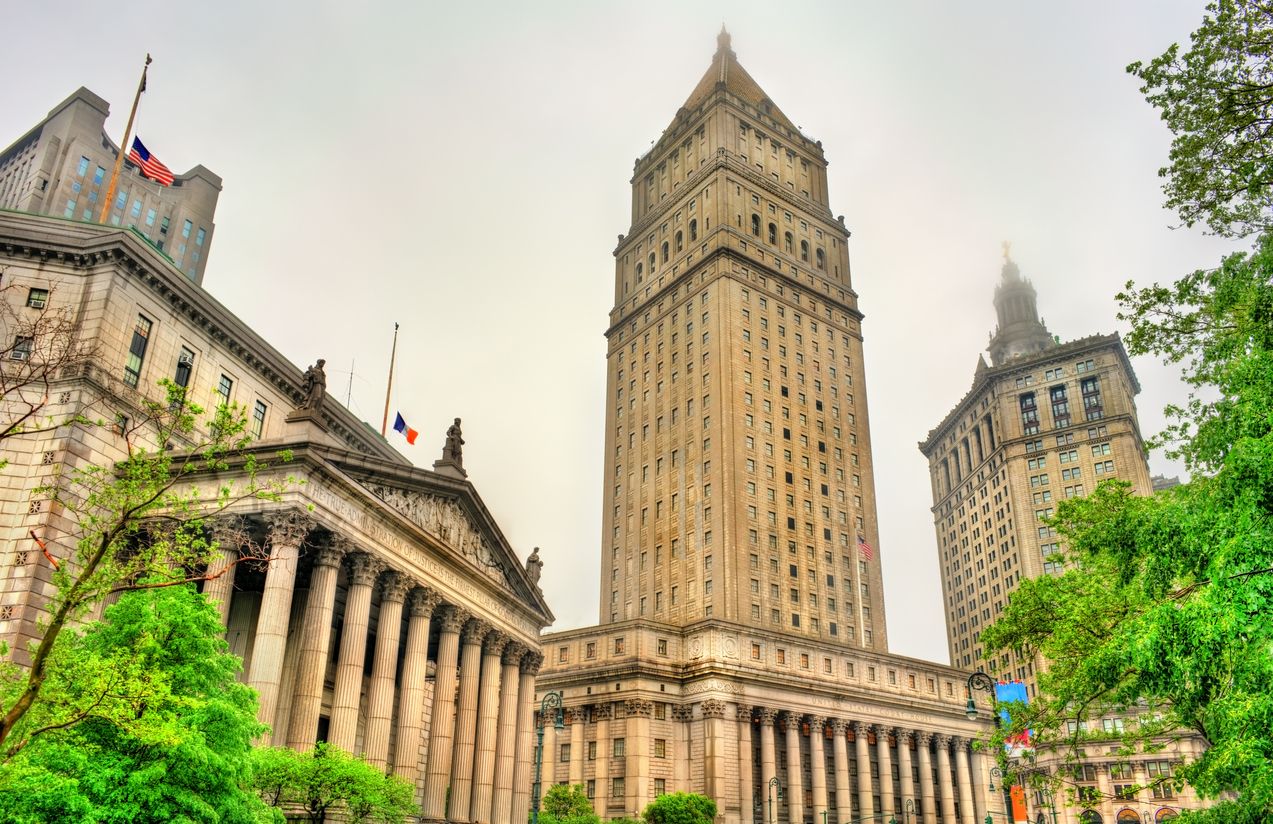The current health crisis in New York has significantly impacted the normal course of business for all industries since Governor Cuomo declared a State disaster emergency on March 7, 2020. The ability to participate in normal daily work life has stopped indefinitely for many whose employment is considered non-essential. Unlike countless private businesses, a local government is considered an essential service and therefore continues to operate during the State disaster emergency. Notwithstanding a local government’s status as an essential service, its’ day to day workforce has been altered as a result of Governor Cuomo’s Executive Order 202.4 issued on March 16, 2020. This Executive Order directed local governments to decrease the number of employees reporting to work by no less than fifty percent (50%). Government employees are considered either essential or non-essential as established by government officials charged with making such determination for their respective local government. Those employees that are considered non-essential are to work from home or take leave with no charge to their accrued time. Essential government employees fall into three categories; (i) those individuals who must be present so that an agency can effectively function, (ii) employees who are physically required to be at work to perform their job, and (iii) those employees who are involved in the emergency response to COVID-19. This change to a local government’s daily workforce impacts various services provided to the general public which are of paramount importance. Here we will provide insight concerning the State disaster emergency Executive Orders that impact local governments so that these agencies may continue to serve their constituents while recognizing the health and safety of local government employees during this unsettling time.
This page was last updated on March 16, 2021.
New York City Council Introduces Rent Relief Legislation (April 24, 2020)
Virtual Public Meetings and Hearings Permitted Due to Governor Cuomo’s Suspension of Parts of the Open Meetings Law (April 1, 2020)


